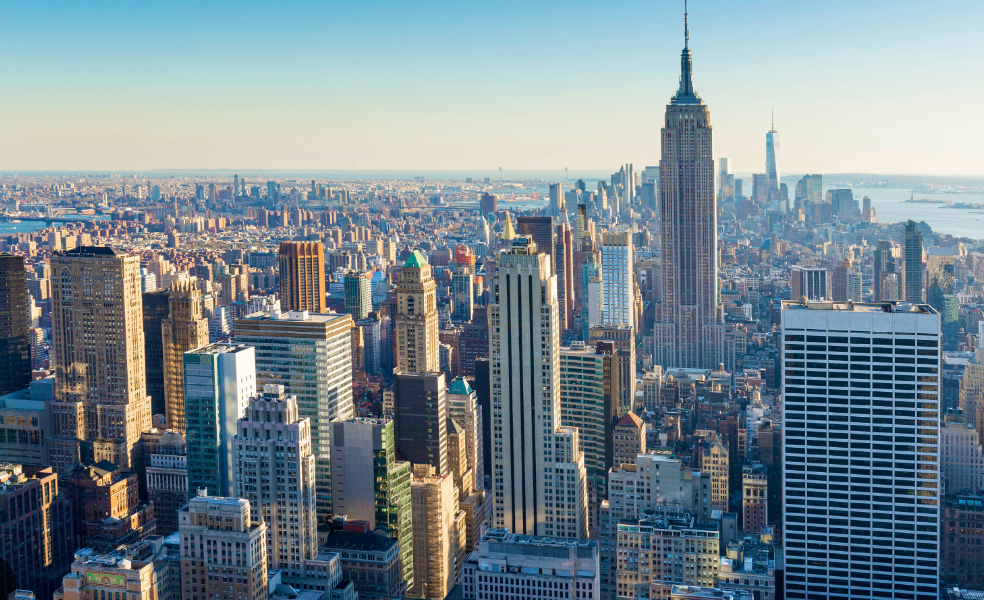
What is the New York Fashion Sustainability and Social Accountability Act?
Time to read 1 min
Time to read 1 min
Legislators are finally acting to mitigate the social and environments impacts of the fashion industry. The latest? The New York Fashion Sustainability and Social Accountability Act is a law that aims to mitigate these adverse effects by imposing stringent regulations on fashion sellers operating in New York. Non-compliant fashion sellers may face fines of up to 2% of their annual revenues, with the collected funds going toward a Fashion Remediation Fund aimed at supporting environmental justice initiatives.
The act is part of a broader trend of increased regulation in the fashion industry, as governments and consumers a like demand more from the brands they support.
One of the Act's core requirements is for fashion sellers to map and disclose at least 50% of their supply chains across all tiers of production, from raw materials to final assembly. This includes revealing the names of suppliers, worker demographics, and wages. Companies must also align their due diligence practices with international guidelines for responsible business conduct, as outlined by the Organization for Economic Co-operation and Development (OECD).
Fashion sellers will be required to disclose their annual volumes of material production, including the percentage of recycled materials used. They must also establish verifiable baseline and reduction targets for greenhouse gas emissions, water usage, and chemical management. Additionally, companies must report on the median wages of workers at high-risk suppliers and compare them to local minimum wage standards.
The Fashion Act represents a seismic shift in the way the fashion industry operates, forcing brands to confront their environmental and social impacts head-on. Major players like Gap, Ralph Lauren, Shein, H&M, Prada, and LVMH, among others, will be required to overhaul their supply chain practices and implement comprehensive sustainability measures. For brands already committed to sustainability, the Act provides an opportunity to showcase their efforts and lead the way in responsible fashion production. However, for those lagging behind, the road ahead may be challenging, requiring significant investments in supply chain mapping, impact assessment, and target-setting.
As one of the world's fashion capitals and a major economic hub, New York's leadership in enacting the Fashion Act could have ripple effects across the global industry. Other jurisdictions may follow suit, implementing similar legislation to hold fashion brands accountable for their environmental and social footprints.
Your cart is currently empty.
Start Shopping